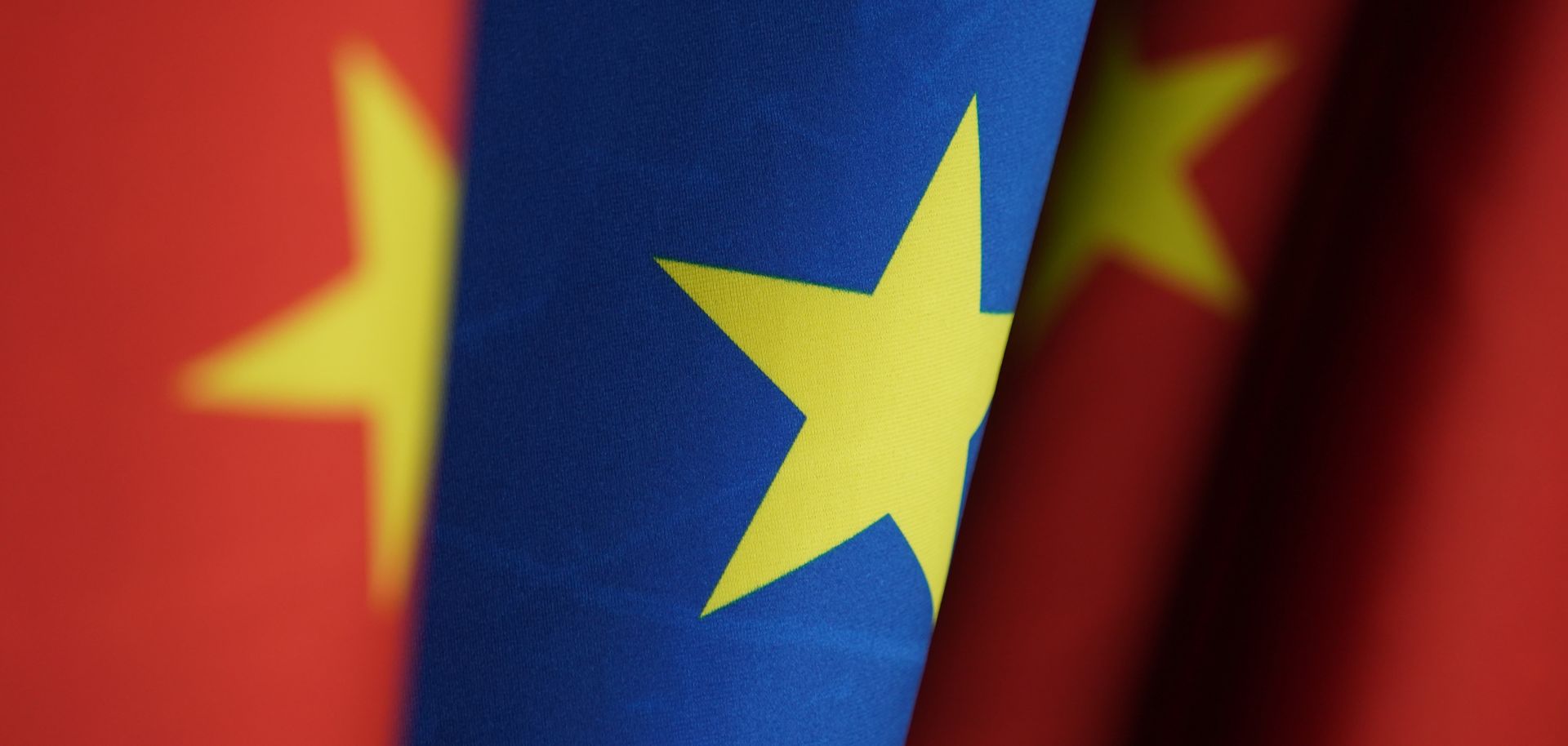The European Union will remain open to Chinese foreign direct investment (FDI) in the coming years, but will limit China’s access to strategic sectors of its economy (such as technology). Brussels will also continue to confront Beijing over political, human rights and security issues. The European Union and the United States are the Continent’s primary sources of FDI, which limits China’s ability to leverage FDI to gain political influence. Investment in European infrastructure, such as ports and railways, offers Chinese exporters greater access to European markets, while the acquisition of high-tech companies and know-how gives Beijing access to sophisticated technology it can use for its domestic industrial plans. Europe sees the Asian giant as a source of funding, but in recent years, most countries have become concerned about the national security implications of rising Chinese investment. The European Union also wants to make the bilateral relationship more reciprocal, as the bloc...

